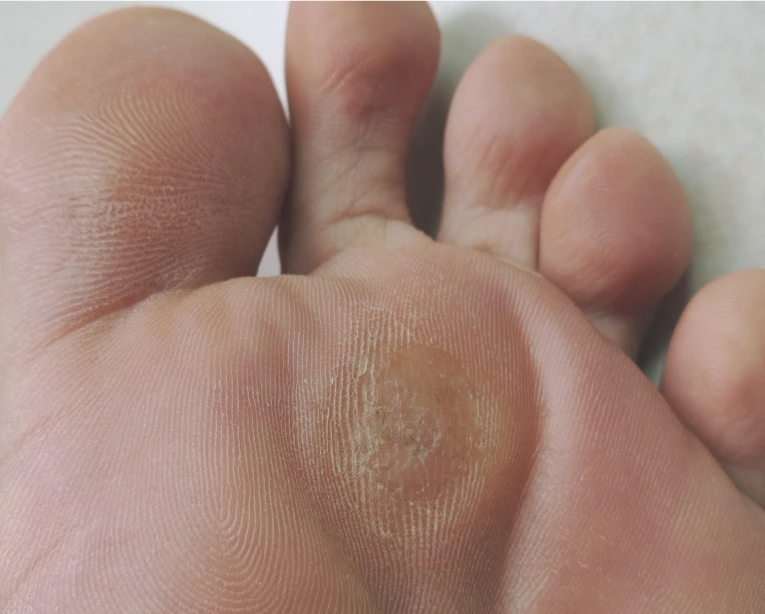Does Psychosexual Therapy Heal Trauma?
- aesthatic clinic
.jpg/v1/fill/w_320,h_320/file.jpg)
- May 13, 2025
- 3 min read
Psychosexual Therapy is a specialized form of psychotherapy focused on addressing emotional, psychological, and relational difficulties related to intimacy, sexual identity, and trauma. It is particularly beneficial for individuals who have experienced sexual abuse, relationship breakdowns, or psychological distress that has affected their sense of self and intimacy. By working through underlying emotions, beliefs, and past events, psychosexual therapy can foster emotional healing and re-establish healthier personal and relational dynamics. When guided by experienced professionals, Psychosexual Therapy in Dubai offers a supportive and confidential environment for trauma recovery and personal growth.
Understanding Psychosexual Therapy
Psychosexual therapy combines techniques from psychology, counseling, and sexual health to address challenges that originate from both the mind and body. Unlike general talk therapy, this approach integrates specific focus areas such as sexual function, trauma processing, attachment patterns, and emotional regulation. Trained psychosexual therapists use evidence-based methods to help individuals and couples understand how early life experiences, trauma, or cultural influences may shape their sexual identity and behaviors.
The Connection Between Trauma and Sexuality
Trauma—especially when it involves emotional, physical, or sexual abuse—often leaves long-lasting imprints on an individual’s sense of safety, trust, and bodily autonomy. Survivors of trauma may develop coping mechanisms such as emotional withdrawal, hypervigilance, or dissociation, which can deeply affect their capacity for intimacy. Over time, these patterns may lead to avoidance, fear, guilt, or a disconnect from one’s body and emotions.

How Psychosexual Therapy Supports Trauma Healing
Psychosexual therapists are specially trained to identify trauma-related patterns that manifest through the body and behavior. They often work through:
Exploring the root causes of emotional or physical intimacy issues
Supporting clients in setting healthy boundaries and recognizing consent
Identifying negative beliefs related to body image or worthiness
Re-establishing trust in oneself and others
Addressing anxiety, shame, or guilt linked to sexuality
Through careful and structured dialogue, therapists help clients reclaim their autonomy and rebuild a positive relationship with their bodies. This may involve somatic awareness techniques, cognitive reframing, and reflective practices that empower individuals to move beyond the constraints imposed by trauma.
The Role of the Therapist
In trauma recovery, the therapeutic relationship is key. A skilled psychosexual therapist creates a safe container where individuals can express vulnerabilities without fear of judgment or retraumatization. These therapists work collaboratively with clients to understand their emotional history, current patterns, and personal goals.
Importantly, therapists do not impose fixed agendas. Instead, they follow the client’s pace, ensuring that each step in the healing process is manageable and respectful of the individual’s emotional limits. This patient-centered approach fosters resilience, self-awareness, and deeper emotional integration.
Benefits of Psychosexual Therapy for Trauma Survivors
Psychosexual therapy offers numerous benefits to those seeking healing from trauma:
Restores a sense of control over one's body and experiences
Rebuilds trust in interpersonal relationships
Encourages emotional expression and vulnerability in a safe space
Improves body awareness and acceptance
Reduces anxiety related to physical closeness and intimacy
Supports personal identity exploration and affirmation
For many trauma survivors, the ultimate benefit lies in rediscovering the ability to experience connection, pleasure, and emotional safety—often for the first time in years.
What to Expect During Therapy
Psychosexual therapy begins with an in-depth assessment of the client’s history, symptoms, and goals. This helps the therapist tailor a plan that respects the individual's emotional readiness. Sessions may include discussions about past experiences, current challenges, body image, or relationship dynamics. Over time, clients are guided to process memories, release shame, and embrace healthier patterns.
Therapy is conducted at a pace that aligns with the client’s comfort level. Trust is built gradually, ensuring that clients never feel pressured or exposed. The focus remains on empowering the individual to regain agency and reconnect with their core self.
Healing is Possible
While trauma can create deep emotional scars, it does not define a person’s future. With the right therapeutic support, individuals can transform the pain of the past into strength, clarity, and confidence. Psychosexual therapy does not promise instant solutions, but it offers a pathway to healing that is both compassionate and empowering.
Who Can Benefit From Psychosexual Therapy?
This therapeutic approach is ideal for:
Individuals with a history of sexual abuse or trauma
People experiencing shame, anxiety, or confusion related to intimacy
Couples facing challenges in emotional or sexual connection
Adults navigating identity questions or body-image concerns
Survivors of childhood neglect or emotional trauma
Whether you are at the beginning of your healing journey or seeking to deepen emotional resilience, psychosexual therapy offers tools to support your transformation.
Final Thoughts
Healing from trauma requires a sensitive, expert-led approach that honors each individual’s story. Psychosexual therapy stands out for its capacity to hold space for vulnerability, rebuild emotional trust, and foster reconnection to one’s body and desires. For many, it is not just therapy—it is a reclamation of self.









Comments